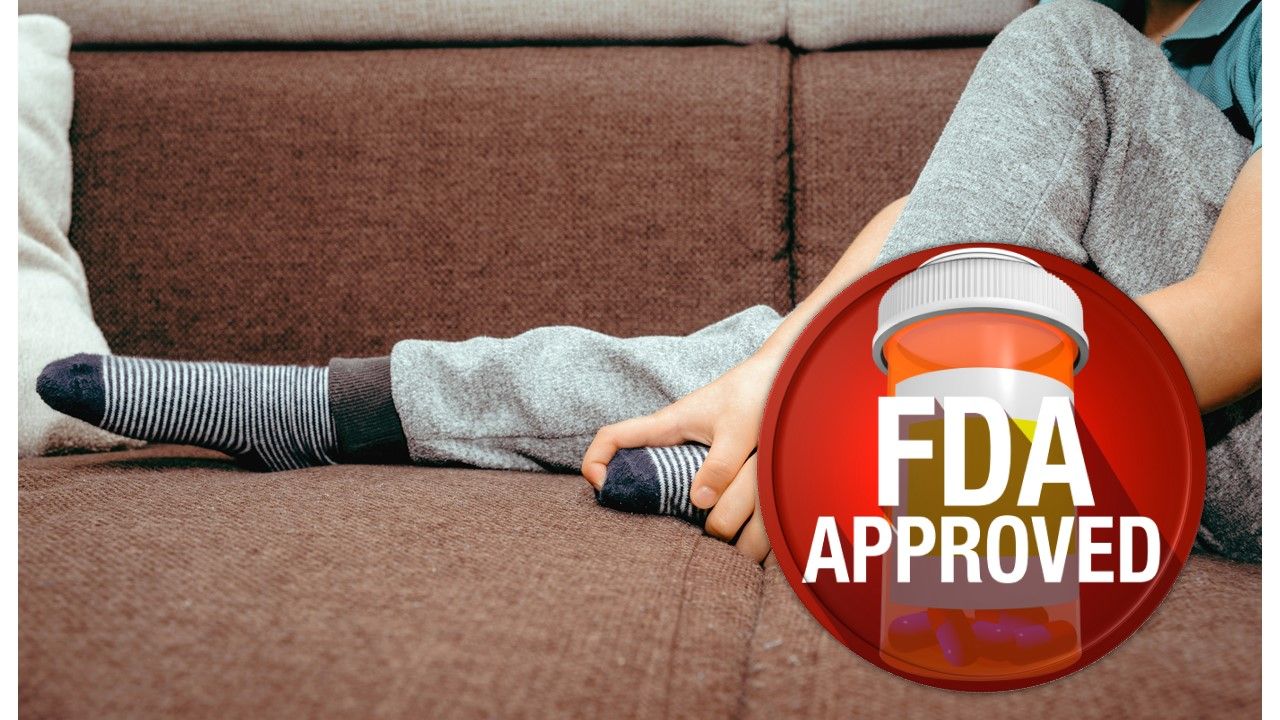Article
FDA Approves First-Ever Treatment for Pediatric GPA, MPA
Author(s):
The U.S. Food and Drug Administration has approved rituximab (Rituxan, Genentech) for the treatment of granulomatosis with polyangiitis (GPA) and microscopic polyangiitis (MPA) in children 2 years of age and older in combination with glucocorticoids, to fulfil an unmet medical need for these rare and serious diseases in children.
(©Kwanchaichaiudom, AdobeStock_197147743)

The U.S. Food and Drug Administration has approved rituximab (Rituxan, Genentech) for the treatment of granulomatosis with polyangiitis (GPA) and microscopic polyangiitis (MPA) in children 2 years of age and older in combination with glucocorticoids, to fulfil an unmet medical need for these rare and serious diseases in children.
“It is the first approved treatment for children with these rare vasculitis diseases, in which a patient’s small blood vessels become inflamed, reducing the amount of blood that can flow through them. This can cause serious problems and damage to organs, most notably the lungs and the kidneys. It also can impact the sinuses and skin,” the FDA wrote.
The FDA approval was backed by data from the PePRS study, a multicenter, open-label, single-arm, uncontrolled trial, which included 25 patients ages 6 to 17 years with newly diagnosed or relapsing active GPA (n=19) and MPA (n=6). All patients were given methylprednisolone prior to starting treatment, which consisted of four weekly infusions of rituximab 375 mg/m2 in combination with a tapering course of oral glucocorticoids.
After a six-month remission induction phase where patients were treated only with rituximab and glucocorticoids, those who had not achieved remission, or who had progressive disease or an uncontrolled flare-up, could receive additional treatment, including other therapies, at the discretion of the investigator. Efficacy assessment showed that 56 percent of patients achieved a Pediatric Vasculitis Activity Score (PVAS) remission by month six, 92 percent by month 12, and 100 percent of patients achieved PVAS remission by month 18.
The most common side effects in study were infections, infusion-related reactions and nausea. Hypogammaglobulinemia has also been observed in pediatric GPA and MPA patients treated with rituximab.
“The safety profile in pediatric patients with GPA, formerly known as Wegener's granulomatosis, and MPA was consistent in type, nature and severity with the known safety profile of Rituxan in adult patients with autoimmune diseases, including GPA and MPA,” the FDA wrote.
Rituxan is also approved to treat adults with GPA and MPA, rheumatoid arthritis, pemphigus vulgaris, non-Hodgkin's lymphoma, and chronic lymphocytic leukemia.
Rituximab contains a boxed warning due to increased risks of fatal infusion reactions, potentially fatal severe skin and mouth reactions, hepatitis B virus reactivation and progressive multifocal leukoencephalopathy.
“This product must be dispensed with a patient Medication Guide that provides important information about the drug’s uses and risks,” the FDA wrote.




